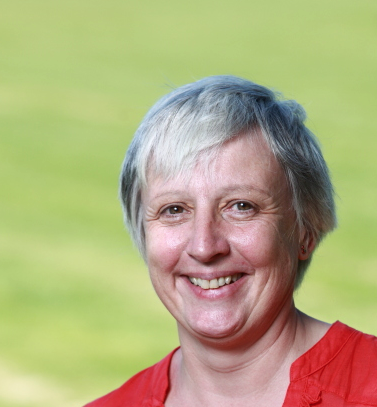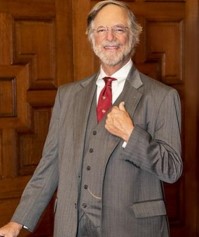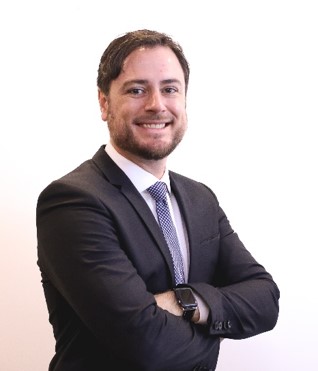
Plenary Session Online

Dory Reeves – “Covid-19, Cities and Sustainability”
Former Professor of Planning at the University of Auckland. Independent researcher, capacity builder, specialised in planning and diversity and creating cities for all. She authored the recent section on Auckland in the Report The Effectiveness of Planning Law in Land Rich Countries. Author of the recent section on Auckland in the Report The Effectiveness of Planning Law in Land Rich Countries.
Recognised as a gender expert, she co-chairs the UNI Habitat, and the Research and Academic Partner Constituent Group of GAPs.

Damien Short – “Covid-19, Cities and Human Rights ”
Director of the Human Rights Consortium and Professor of Human Rights and Environmental Justice at the School of Advanced Study. He has researched and published extensively in the areas of indigenous peoples’ rights, genocide studies, reconciliation projects and environmental human rights. He is an academic contributor to the UN’s “Expert Mechanism on the Rights of Indigenous Peoples” and an academic consultant for the “Ethical Trade Task Force” of the Soil Association. He has also worked for several NGOs (Amnesty International, War on Want, Survival International, Friends of the Earth, Greenpeace and the International Work Group for Indigenous Affairs). Editor in Chief of the International Journal of Human Rights and Editor-in-chief of the Journal of Human Rights in the Commonwealth and convenor of the British Sociological Association’s Sociology of Rights Study Group and an active member of the International Network of Genocide Scholars.

Nicholas Robinson – “Covid-19, Cities and the environment ”
Professor on the Environment and Gilbert and Sarah Kerlin. Distinguished Professor of Environmental Law Emeritus. He hasdeveloped environmental law since 1969, following his position as Legal Advisory Committee of the President’s Council on Environmental Quality. He drafted New York’s wetlands and wild bird laws and was also inaugurated as the first chairman of both the statutory Freshwater Wetlands Appeals Board and Greenway Heritage Conservancy for the Hudson River Valley. He has served as legal advisor and chairman of the Commission on Environmental Law of the International Union for the Conservation of Nature and Natural Resources, drafted treaties and counseled different countries on the preparation of their environmental laws. Author of numerous articles and books and has founded Pace’s environmental law programs, edited the proceedings of the 1992 United Nations Earth Summit in Rio de Janeiro.

Linda Yanti Sulistiawati – “Covid-19, Cities and Climate Change ”
Associate Professor of Law, Head of the Asia-Pacific Study Center, in Universitas Gadjah Mada and leading expert who is frequently consulted by the Indonesian government and international organizations. Her research focuses on international environmental issues, such as climate change, REDD+, land and customary issues. She was a member of the delegation leading Indonesia’s negotiations of the Paris Agreement on Climate Change. From 2018 to 2023, she is a lead author of the Intergovernmental Panel on Climate Change’s Sixth Assessment Report.

Romulo Sampaio- “Covid-19, Cities and Governance ”
Permanent professor of the Master’s degree in Regulatory Law and a law degree at the Rio de Janeiro Law School of the Getúlio Vargas Foundation and an adjunct professor – Pace University of New York. Visiting Professor at Georgia State University College of Law in Atlanta. He leads the Cnpq Law and Environment Research Group under THE RIO LAW and also acts as coordinator of the specialization course in Environmental Regulation Law. He has experience in law, with emphasis on Environmental Law, working mainly in the following areas of sustainability, environmental governance, climate change and water law.
The webinar launches a call for papers and working groups.
Keynote speakers will provide guidelines to working groups’ research activities.
After the webinar the working groups will be gathered and will start their activities under the guidance of the coordinators.
Following the webinar, working groups’ papers will be discussed during a second GPN webinar, which will take place in February 2021.
Working groups’ final papers will have the opportunity to be published in the following journals:
Journal of Comparative Urban Law and Policy
The International Journal of Human Rights

